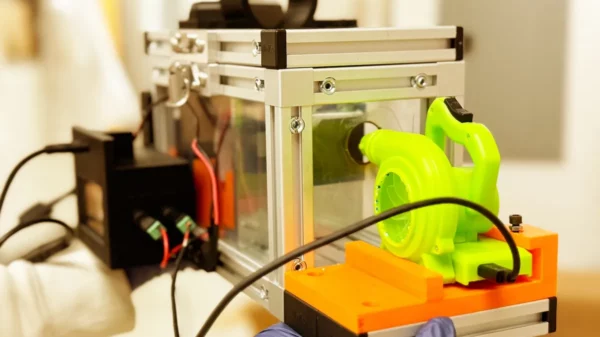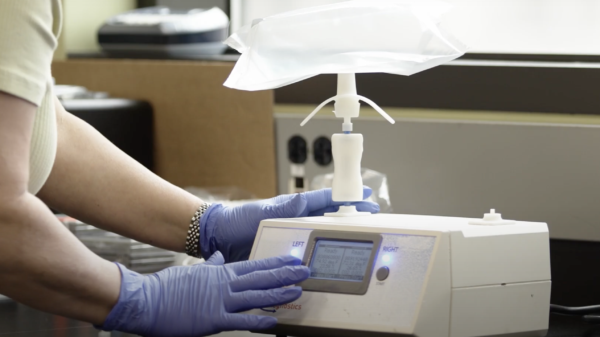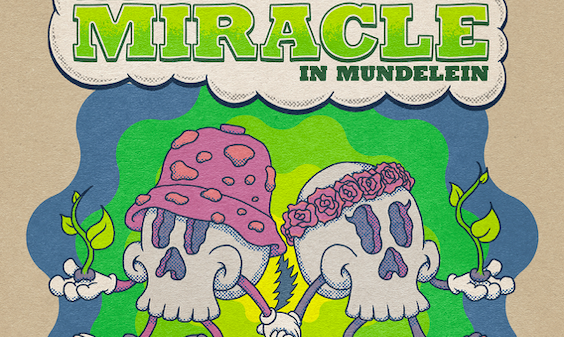Michigan was the 10th and most recent state to legalize recreational cannabis back in November. And since then, New York, New Jersey, and a several other states have shown interest in doing the same. However, the odds on favorite for the 11th state to legalize now looks to be Illinois.
The Midwestern state recently passed the bill with a 66-47 vote in its House of Representatives, and last week, it was approved by the State Senate. Governor J.B. Pritzker is expected to sign off on the bill, which will make possession and sales of cannabis legal Jan. 1, 2020.
Under the proposed law:
- Anyone 21 and older would be able to purchase marijuana from a licensed dispensary.
- Possession of marijuana would be limited to 30 grams for residents, and 15 for non-residents.
- Medical marijuana patients will be able to grow up to five plants at home.
Illinois will be the first state to have legalized the commercial sales of cannabis through the legislature. Vermont legalized only the possession of pot through the state House and Senate, but still hasn’t done the same for commercial sales. The other states made the sale of cannabis legal through a referendum.
Illinois lawmakers a big motivation for the bill is to rid the so-called “War on Drugs.” Legal cannabis won’t only bring in significant tax revenue – which is estimated to reach around $1 billion once a legal market is established – but it will free up police resources for more serious crimes.
It’s a way to generate economic opportunities as well:
– Illinois Governor J.B. Pritzker
But the rollout will take some time. Initially, just the state’s licensed medical marijuana producers will be able to grow for recreational purposes. After that, there will be an opportunity for craft growers to start cultivation. Applications from areas hit hardest by the “War on Drugs” will be given top priority in an effort to help people who were unfairly treated under the state’s strict cannabis laws of the past.
The focus on improving the economy of impoverished communities drew plenty of support for the state bill. However, counties and municipalities will be able to ban cannabis businesses, but individuals will still be able to possess marijuana within the prescribed amounts.
With a population of 12 million people, the Illinois legal market will give the cannabis industry a significant boost. It will also mean two of the three largest cities in the U.S. (Chicago and Los Angeles) will reside in states with legal recreational marijuana — and New York may be added to the list, potentially making it three for three.
It’s another historic moment for marijuana legalization in the U.S. and it’s clear that the snowball is not getting any smaller as more states are expected to join the fold even this year.














